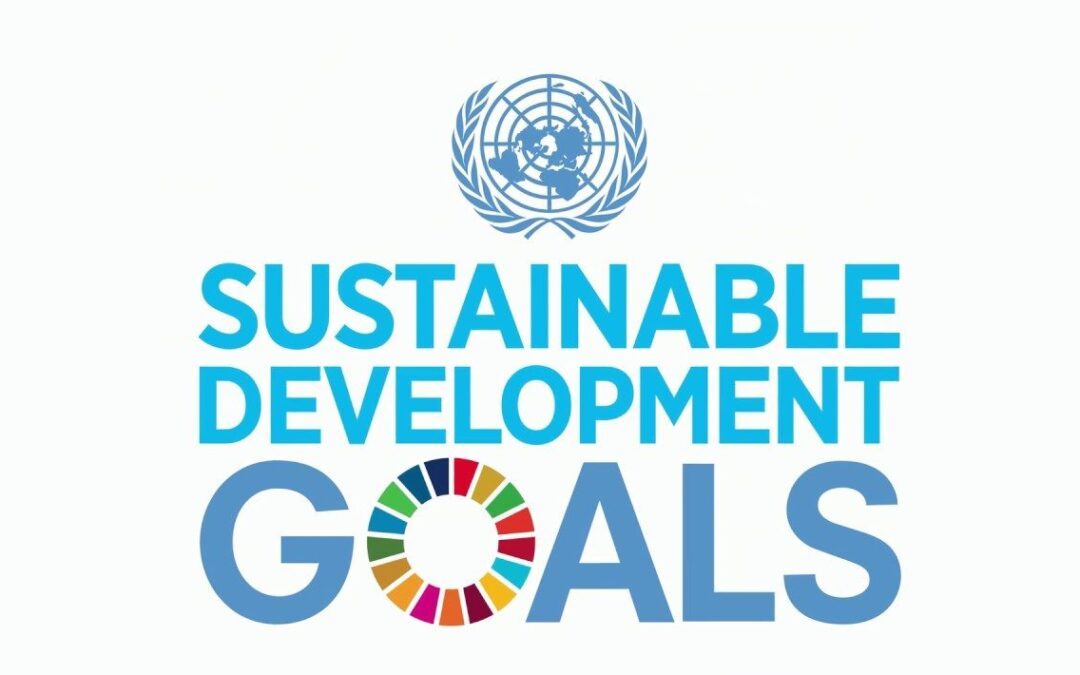The UN’s Sustainable Development Goals (the “SDGs”) are the world’s shared plan to end extreme poverty, reduce inequality, and protect the planet by 2030. Adopted by 193 countries in 2015, the SDGs emerged from the most inclusive and comprehensive negotiations in UN history and have inspired people from across sectors, geographies, and cultures.
Achieving the goals by 2030 will require heroic and imaginative effort, determination to learn about what works, and agility to adapt to new information and changing trends. The UN Foundation focuses on ideas and initiatives that generate larger impact, advance the SDG imperative to “leave no one behind,” and are backed by evidence, practical commitments, and action. Individuals, innovations, and actions are helping the planet realize the potential and promise of the SDGs.
Driving growth and equity in the creative economy – which includes music as well as industries like advertising, architecture, design, fashion, film and TV, publishing, software and computer games – is an essential component of that plan.
To quote the UN Commission on Trade and Development:
After a year of pandemic-induced lockdowns, there couldn’t be a better time to appreciate the creative economy, which employs 30 million people worldwide… As the coronavirus pandemic closed traditional areas of life, many people took up a craft, read books, watched endless series and films, connected to digital concerts, or shopped online for the latest fashion. They helped sustain the creative economy, which is finally having its day – or more accurately, year – in the sun.
That’s why the UN has marked 2021 as the International Year of the Creative Economy for Sustainable Development. “The creative industries are critical to the sustainable development agenda. They stimulate innovation and diversification, are an important factor in the burgeoning services sector, support entrepreneurship, and contribute to cultural diversity… But more than ever, we need creative thinking, innovation and problem-solving to imagine ourselves out of the challenges of inequality and vulnerability that we face daily. The creative industries, the lifeblood of the creative economy, are well placed to help… Without them, the economic development, women’s empowerment, and cultural and poverty alleviation targets within the SDGs are unlikely to be met.”
The creative and cultural industries have also played a major role in mediating the digital transformation happening globally, and more so since COVID-19 pushed us online in unprecedented numbers.
Save The Music is proud to share that we are aligned with and support the following UN Sustainable Development Goals:
Primary Goal: #4 – Quality Education
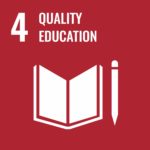
• By definition, a quality education includes music and the arts.
• Research consistently demonstrates that music education at a young age has a profound impact on a child’s academic, social and emotional development. In particular, music education improves self-discipline, early cognitive development, basic math and reading abilities, self-esteem, teamwork, spatial reasoning skills, and school attendance.
• Specifically, SDG Target 4.7 calls for, by 2030, ensuring that all learners acquire the knowledge and skills needed to promote sustainable development, including, among others, through education for sustainable development and sustainable lifestyles, human rights, gender equality, promotion of a culture of peace and non-violence, global citizenship and appreciation of cultural diversity and culture’s contribution to sustainable development.
• Save The Music’s approach of working with and helping to build sustainable community music ecosystems ensures that our investments support music and culture created by the many diverse communities that we serve.
Secondary Goal: #10 – Reduced Inequalities
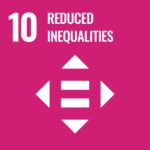
• Save The Music believes that every child should have access to making music during the school day regardless of where they live or their financial circumstances.
• Most communities in the U.S. provide music as an essential part of the K-12 school day, but many children in low-income, of color and immigrant communities, have limited access to the music education they deserve.
We are also aligned with:
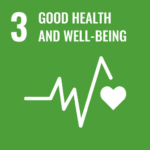
• Music education provides young people with a powerful connection to their schools, builds resiliency, and gives students a strong sense of purpose – all the more important in these uncertain times.
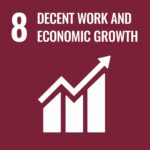
• Save The Music is committed to investing in the next generation, ensuring that all students have equity and access to music, using the latest music-making tools and technology, and exposing students to various career pathways in the music ecosystem, engaging them in a creative and technologically advanced global workforce.
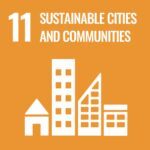
• Our community-driven impact model engages with the music ecosystems in the cities and schools we serve. A thriving music and arts scene, sustained by music and arts education that replenishes the creative economy, is the lifeblood of sustainable communities.

